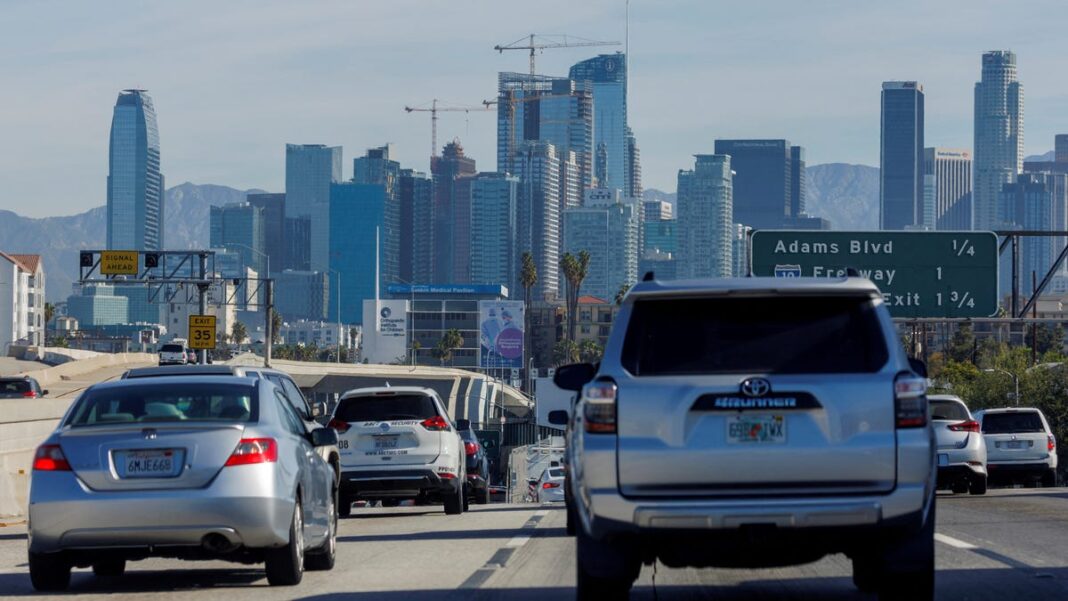The Supreme Court Will Review California’s Pioneering Vehicle Emissions Regulations
The key question is whether the EPA can permit California to enforce stricter standards on new vehicles than those set by the federal government.
WASHINGTON – On Friday, the Supreme Court decided to examine if California has the authority to establish its own vehicle emissions standards as part of its shift away from gasoline vehicles.
California’s regulations have a significant impact on national emissions norms due to its vast market for automotive manufacturers.
However, Ohio and 16 other states led by Republican attorneys general expressed their dissatisfaction, stating that “the Golden State is not the golden child,” as they brought their complaint to the Supreme Court.
Meanwhile, fuel producers and retailers challenging California’s regulations contend that the state is overstepping its bounds by acting as a “quasi-federal regulator on global climate change.”
The central issue at hand is whether the Environmental Protection Agency (EPA) is allowed to let California implement vehicle emission standards that are stricter than those of the federal government.
The Clean Air Act allows for this in specific scenarios, recognizing that California’s unique climate and geography make it difficult to manage pollution from vehicle emissions effectively.
Republican states argue that Congress didn’t have the power to grant special privileges to California, asserting that “no state is more equal than the others.”
They emphasized that California’s massive economy means any regulations it imposes are likely to become the standard for the entire country.
At the same time, fuel producers argue that California’s plan to phase out gasoline vehicles fails to meet the law’s criteria for special treatment, as climate change isn’t an issue unique to California.
The D.C. Circuit Court of Appeals dismissed the challenge, stating that the oil industry had not demonstrated sufficient harm from California’s regulations.
Although fuel producers argue that reduced fuel consumption is obvious, the appeals court noted that automakers were already moving toward electric vehicles by the time the challenge was presented.
The EPA’s Changing Stance Under Trump and Biden
The situation is complicated by the fact that the EPA’s stance on California’s regulations has shifted between the Trump and Biden administrations.
The Trump administration withdrew California’s ability to set its own standards, claiming it was illegal under federal law. Conversely, the Biden administration reinstated this waiver, which currently applies until the 2025 model year.
California’s proposal to enforce standards beyond the current ones is pending review with the EPA. The state aims to eliminate the sale of new gasoline-only vehicles by 2035.
Additionally, the EPA introduced its own regulations this year aimed at reducing tailpipe emissions by half by 2032.
These new regulations, which President-elect Donald Trump has vowed to overturn, are also facing challenges from oil industry groups and various Republican states.
The Supreme Court is anticipated to reach a decision on the case, Diamond Alternative Energy v. EPA, by summer.

